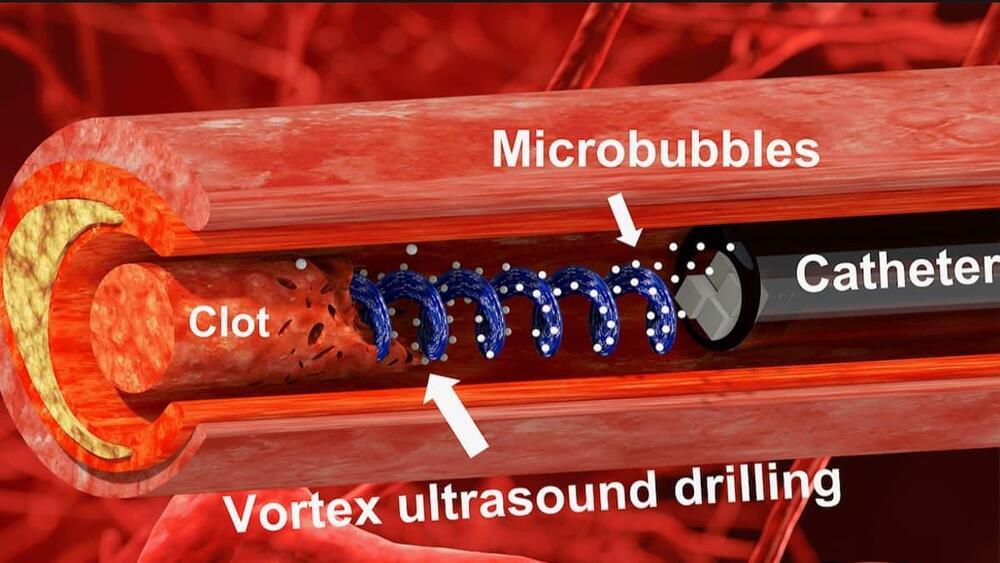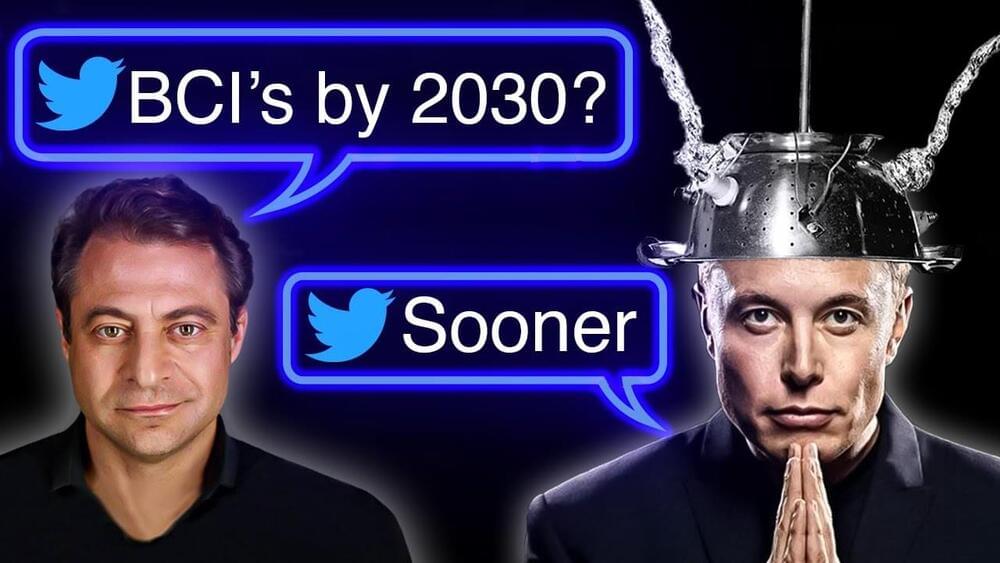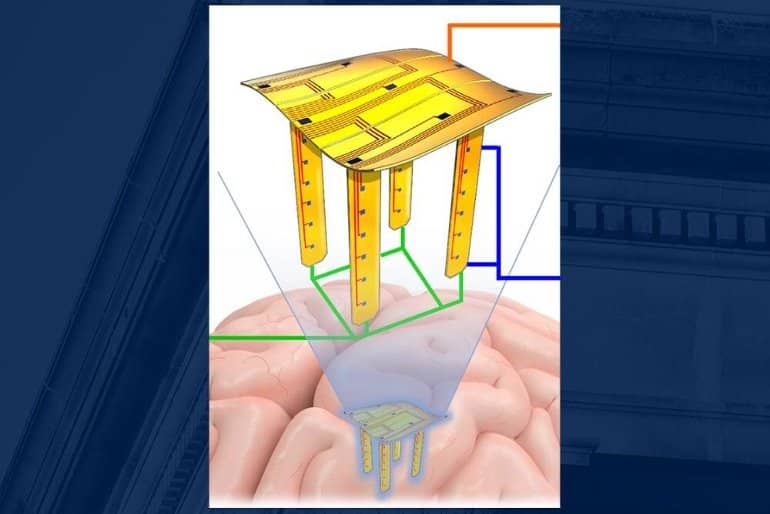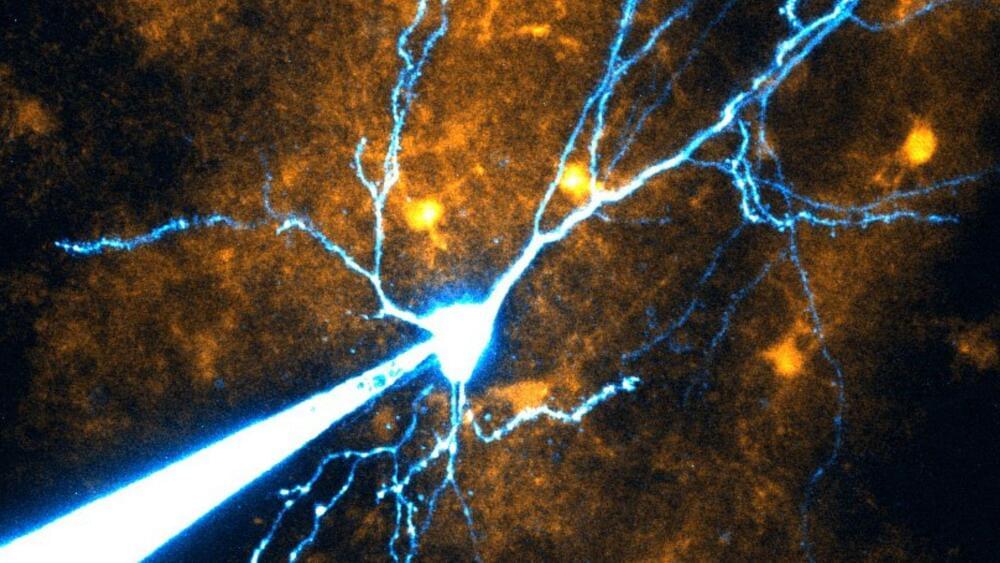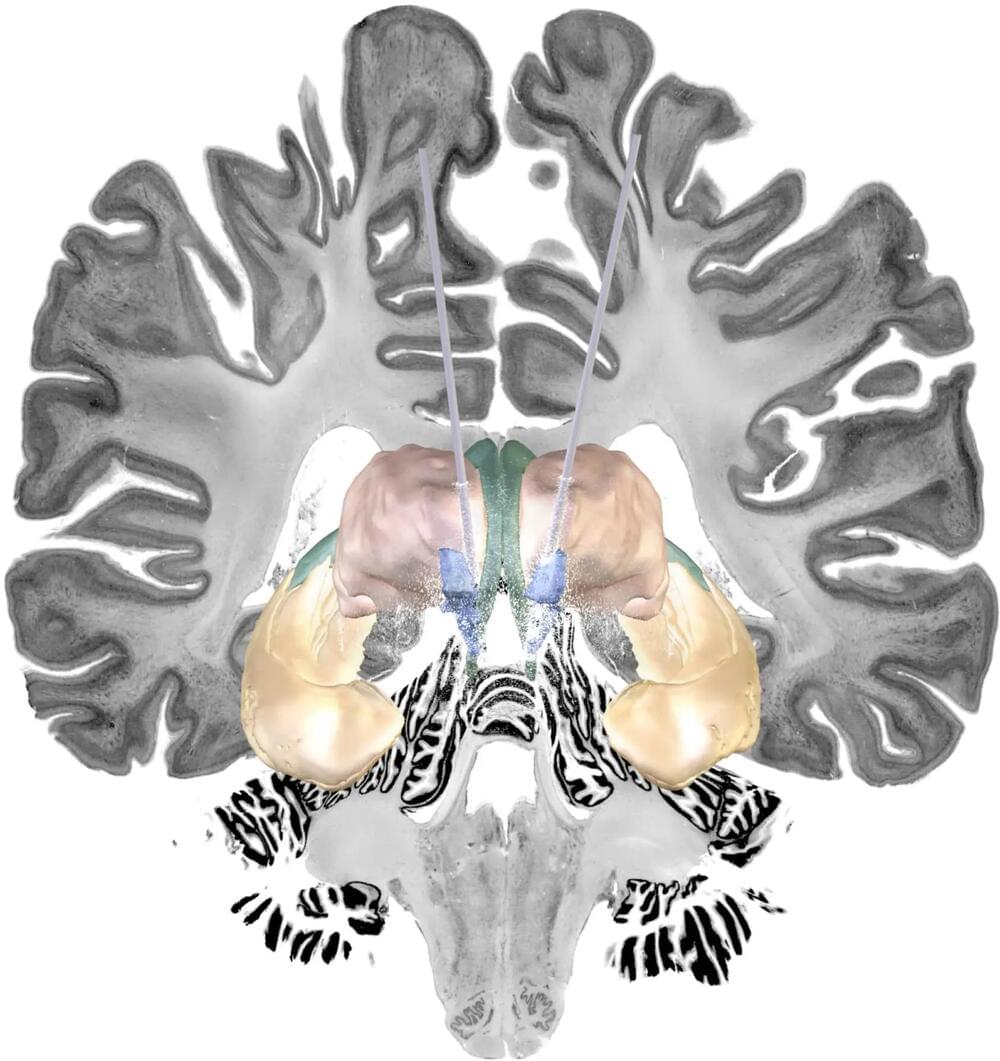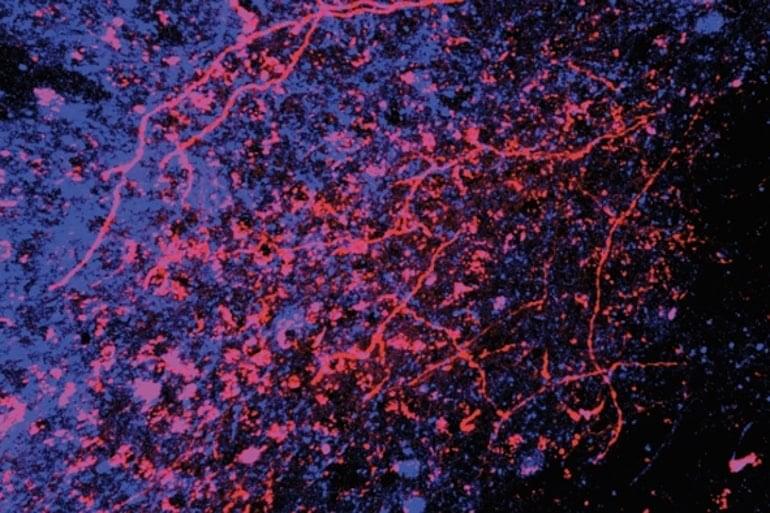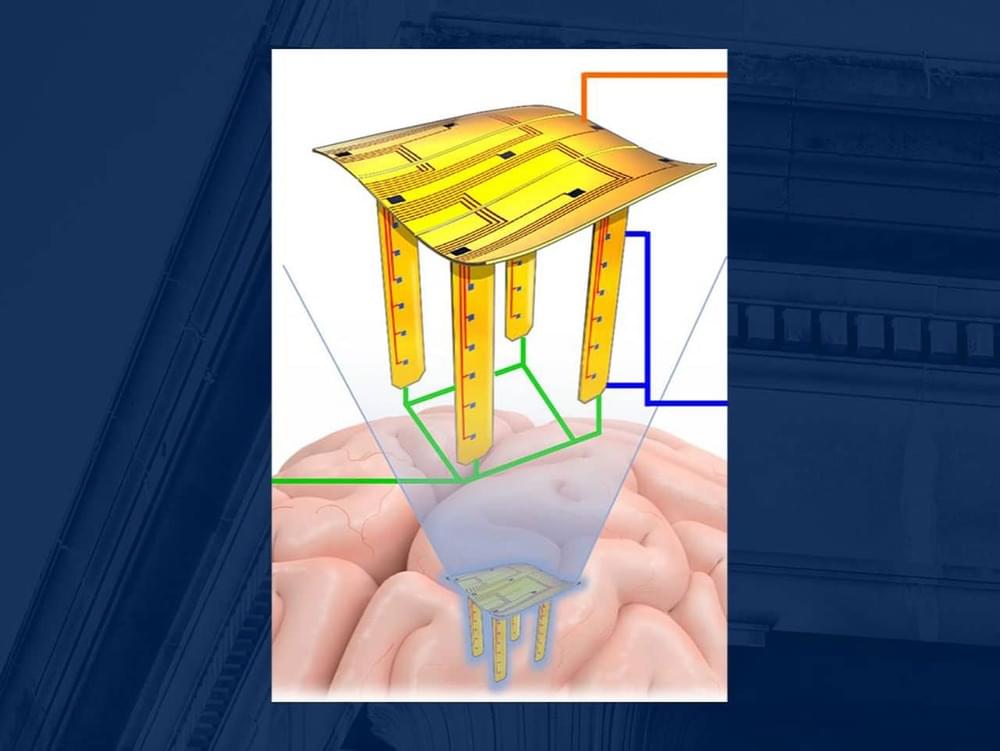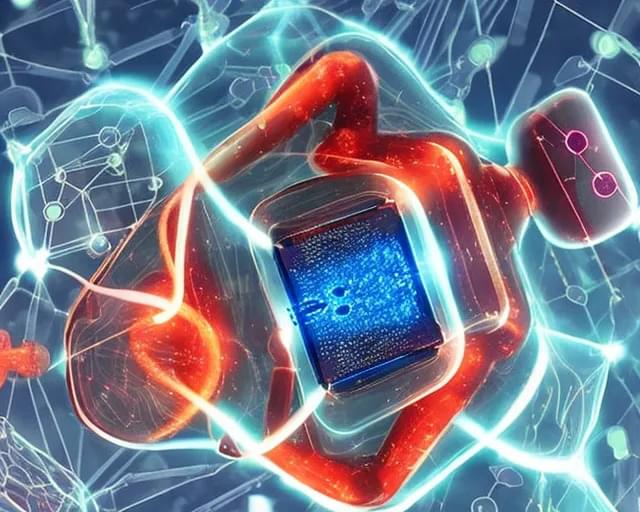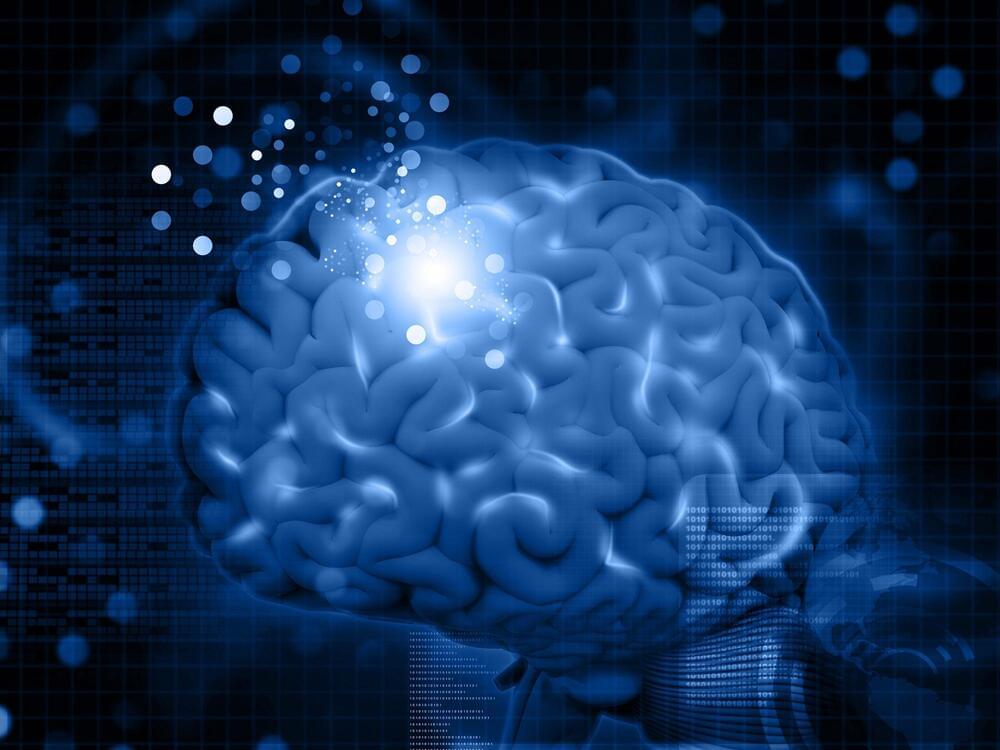Jan 24, 2023
Experimental device breaks up blood clots using twisted ultrasound
Posted by Genevieve Klien in categories: biotech/medical, neuroscience
It goes without saying that if someone has a blood clot in their brain, that clot should be cleared as soon as possible. An experimental new transducer could help, as it uses swirling waves of ultrasound to break up blood clots much faster than existing methods.
Developed by scientists at North Carolina State University and the Georgia Institute of Technology, the device is designed specifically for use on what are known as cerebral venous sinus thrombosis (CVST) clots. These form in veins that ordinarily allow blood to drain from the brain. When those veins are blocked, blood pressure in the brain increases, to the point that a potentially lethal or disabling hemorrhage may occur.
Most existing CVST treatments involve using drugs to dissolve the clot. According to the team behind the new study, however, it takes an average of about 29 hours – and never less than 15 hours – for such medications to work. By contrast, the new transducer breaks up the clots in less than 30 minutes.
